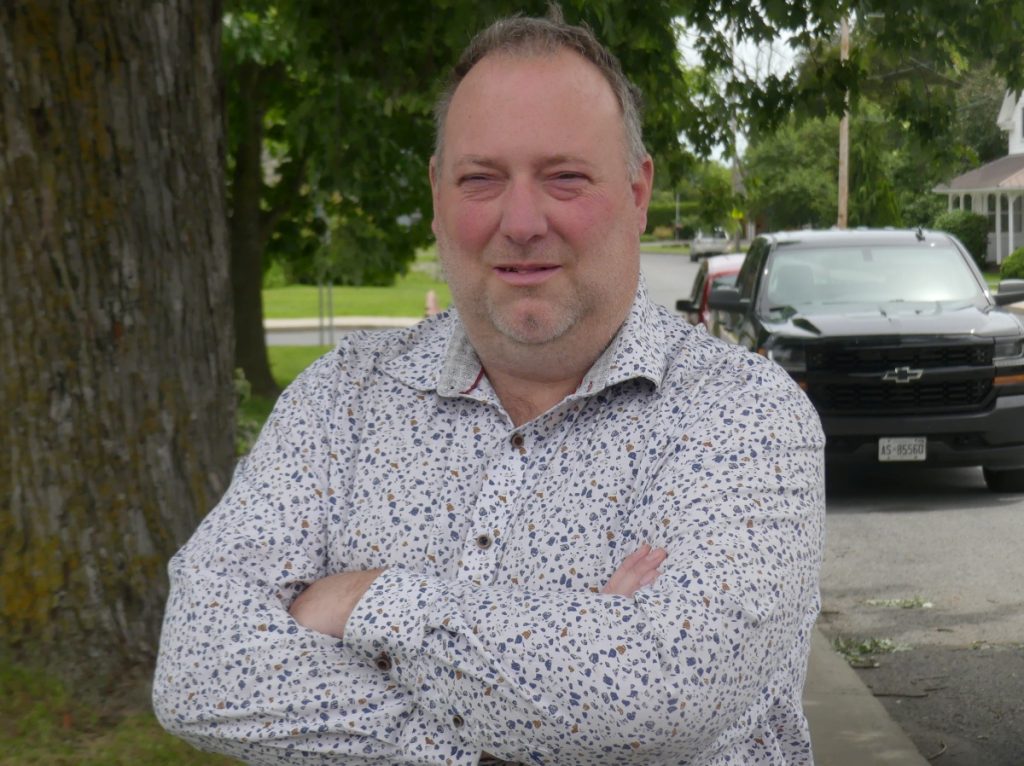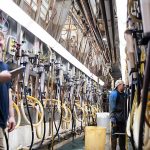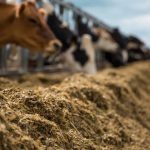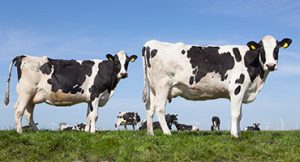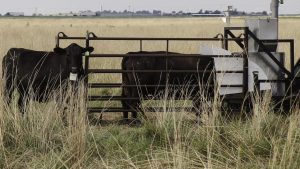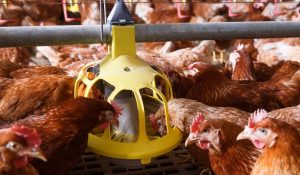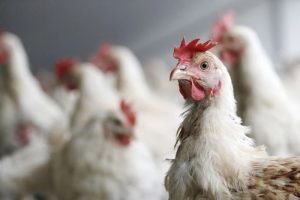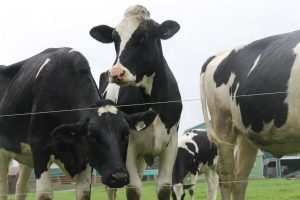
Common sense over fear: That should be the approach to bird flu, according to Ontario virologist Dr. David Speicher, who nonetheless sees a great risk of governments relapsing back to their “fear-based” pandemic playbook of the early 2020s. Only this time around, the stakes are even higher for agriculture because of bird flu’s proximity to the poultry and dairy sectors.
So far, Canada has culled more than 11-million poultry since the start of the current North America outbreak of bird flu — H5N1 — from late 2021. The virus jumped to a number of U.S. dairy herds earlier this year but as of late June no dairy herds were culled. But Speicher fears this will lead to more lockdowns.
“My worry is that the government will use this to kill off the flocks and the cows, and it will impact our food supply,” he recently told Farmers Forum. The Hamilton-based epidemiologist, researcher and critic of the COVID-19 response also worries about a return of the general restrictions imposed during COVID. “That’s kind of my fear, that they’re going to take this (situation) and push things, and try to have us again locked down because it’s a ‘deadly’ flu, and to force-vax people.”
In June, former head of the U.S. Centers for Disease Control (CDC) Robert Redfield predicted that an Avian flu pandemic is just a matter of time, depending on when the virus gains the ability to spread from person to person. Other health officials have called for weekly testing of all cattle in the United States. But that hasn’t happened by late June and human cases remain exceedingly low. By the end of June there were only four North Americans known to have been infected by farm animals. They included three U.S. dairy workers who came down with the virus earlier this year and a U.S. poultry worker who caught Avian flu on a chicken farm in 2021. None were seriously ill and all recovered.
In March, the virus first appeared in a Texas dairy herd and has since spread to more than 100 herds in 12 states. It hasn’t yet moved across the Canadian border. While most cows recover after a week or two, Reuters reported in June that a few infected cattle died of secondary infections and others were sent to slaughter because they took too long to recover.
Approximately 20 % of pasteurized U.S. retail milk samples have tested positive for harmless fragments of H5N1. In Canada, a similar testing program has found no evidence of the virus.
Speicher questioned why the authorities would test for dead viral debris in pasteurized milk in the first place. He pointed out that other potential pathogens are also killed during the pasteurization process besides bird flu. “Why don’t they test for salmonella debris? And if it’s there, so what?”
All the effort does is undermine the public’s perception of milk, he suggested. “It’s of no risk at all, except more city people are thinking, oh, there’s flu in milk. Am I drinking something that’s unsafe? It’s all fear.”
Speicher, who is making presentations across Canada, sat down for breakfast with this Farmers Forum reporter. Speicher is not impressed with the virus’s reported fatality rate of over 50 % among the 863 global human cases counted by the World Health Organization between 2003 and 2023. The virus has evolved over that time, he pointed out, and the more deadly outbreaks tend to occur “in a very isolated geographical area and burns itself out.”
At the same time, dairy farmers should “watch out for” the Avian flu, Speicher acknowledged. He also supported testing sick animals — but not the wholesale testing of millions of cows every week as recently proposed by Dr. Deborah Birx, former White House coronavirus response coordinator.
He placed Avian flu in the context of a seasonal illness that’s nothing new to society. The last influenza “pandemic” — the 2009 swine flu — was over in about two months, he noted. As for the infamous 1918 flu pandemic, that event occurred in the absence of antibiotics and most victims died of secondary bacterial infections as a result. “It’s difficult to compare things between now and then…. We’ve got better healthcare, better surveillance, antibiotics.”
There can be no success pursuing a zero-bird-flu policy, he advised, no way to sterilize and “wipe out” and crush the virus. “We can’t. We tried during COVID. It’s a respiratory virus that’s naturally occurring in birds and seals and pigs, and unless you wipe out all life on earth, you can’t stop it.”
Speicher is otherwise known for his 2023 study that verified the presence of DNA contamination in the Pfizer and Moderna mRNA vaccines. The DNA was left over from bacteria harnessed for the mass production of the vaccines. This makes the mass-produced version of the vaccines a “genetically modified organism” and in the Australia you need a licence to introduce a GMO, according to Speicher. An Australian doctor is seeking a court injunction to stop the distribution of the Pfizer and Moderna mRNA vaccines in Australia because a GMO licence was not obtained.
You can now read the most important #news on #eDairyNews #Whatsapp channels!!!
🇺🇸 eDairy News INGLÊS: https://whatsapp.com/channel/0029VaKsjzGDTkJyIN6hcP1K
